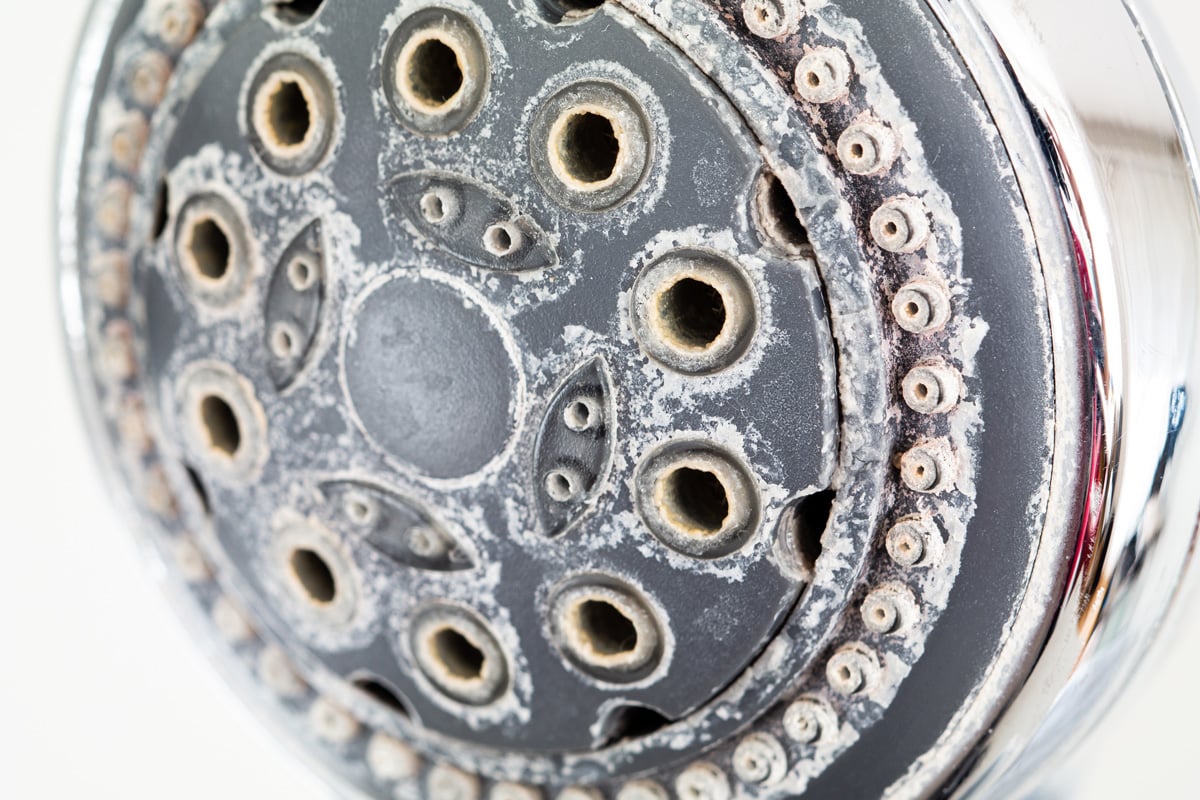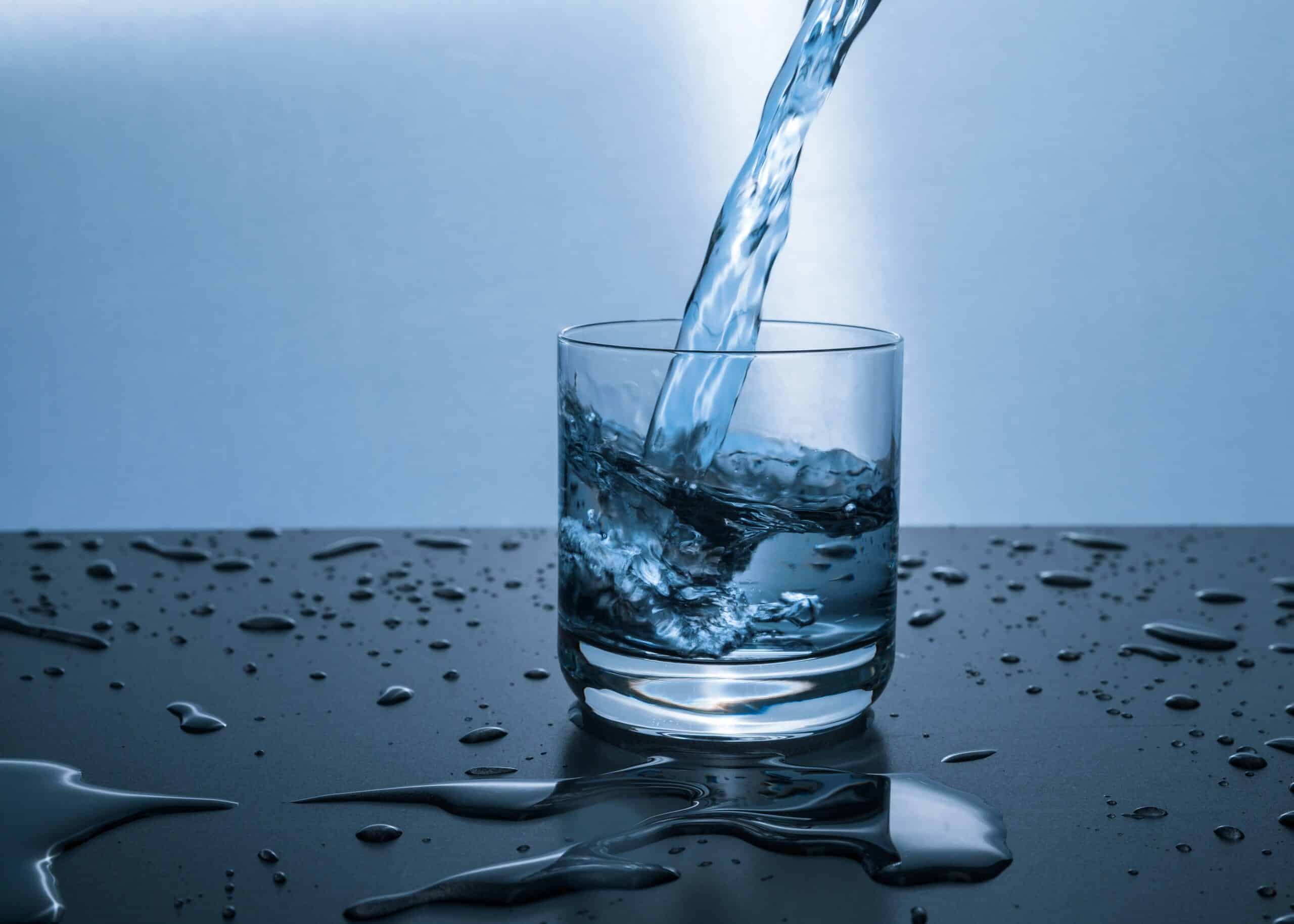Hard Water Vs. Soft Water

Safe, healthy water is essential for life, so being sure it’s filtered of all impurities is important!
Did you know the water in your home can contain high levels of bacteria, sulfur, iron, copper, and lead? These contaminants cause hard water, and water that’s too mineral-rich can cause numerous issues within the home.
So, what’s the difference between hard and soft water?
Hard Water Vs. Soft Water:
Hard Water: Contains natural minerals like calcium, magnesium, and trace amounts of other minerals.
Soft Water: Treated so that all of the minerals are removed. Sodium is the only ion remaining.
Natural rainwater begins as soft water, but as it makes its way into the earth and through our waterways, it collects minerals like lime, chalk, calcium, and magnesium. Hard water naturally contains essential minerals, so it’s ideal for drinking. Soft water can taste salty on the opposite spectrum, so why do we soften water?
The answer is simple; soft water is better overall for the household! The number of minerals in hard water is to blame for dingy-looking clothes after a wash, dishes with spots and residue, and showers with an even layer of soap scum buildup. Even hair washed in hard water can feel rough while looking dull.
Aside from the inconveniences of hard water, there are monetary downsides. Hard water uses more energy because it’s difficult for household appliances to filter, costing you more money each month.
Ready to get rid of the hard water in your home? Contact us today to have one of F.H. Furr’s experienced water conditioning specialists test your water for excessive minerals and help you determine if water softener is right for your home!













